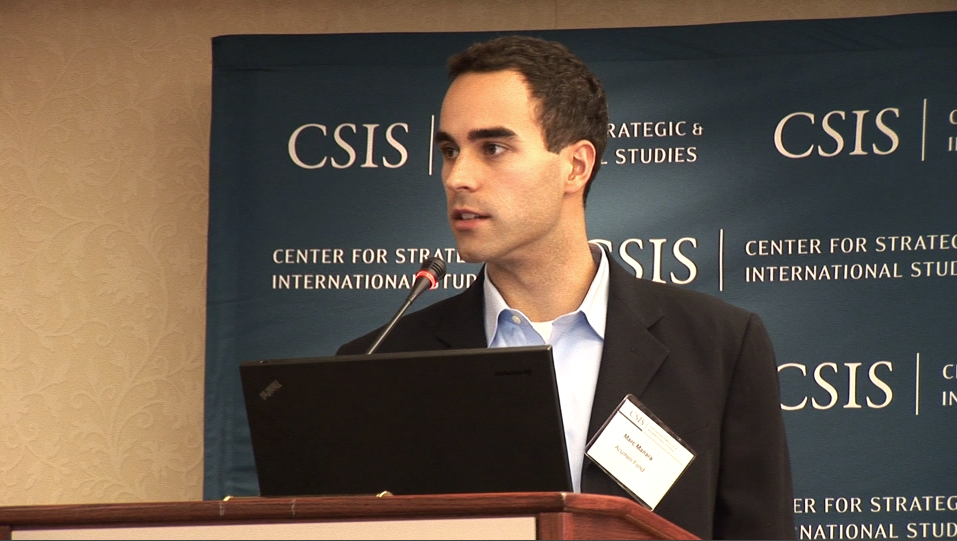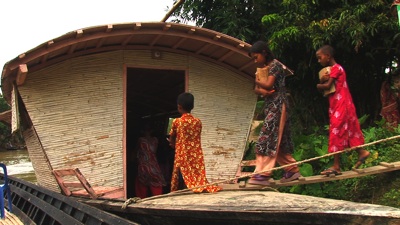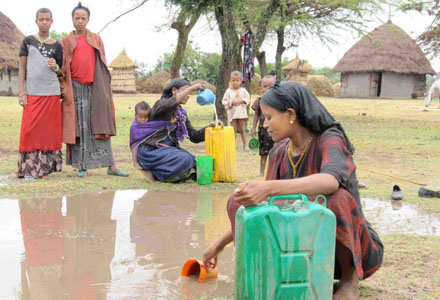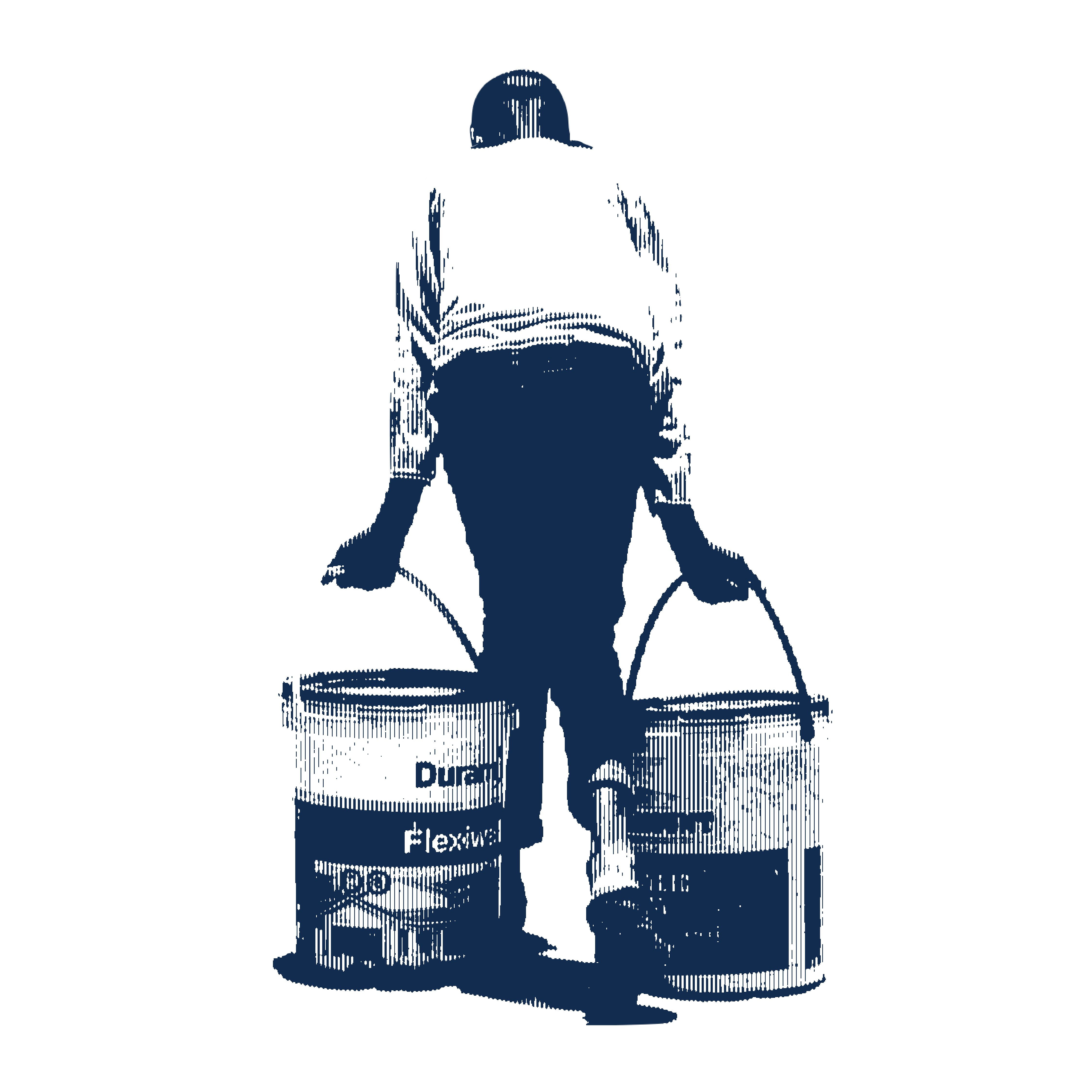
<p>Here are some facts you won't find in most appeals for support from organizations active in the fight for clean water and adequate sanitation:</p><ul><li>Of the 600,000-plus hand pumps installed in sub-Saharan Africa over the past 20 years some 30 percent are known to have failed prematurely;</li><li>Less than five percent of water and sanitation projects are revisited after project conclusion;</li><li>Less than one percent of such projects have any long-term monitoring at all.</li></ul><p>Those daunting statistics were highlighted in the <a href="https://globalwaterchallenge.org/resources/SustainabilityForum/WASHSustainabilityForumReport.pdf">summary report from a January 2011 WASH Sustainability Forum</a> held at the World Bank. They were the focus of a Learning Forum this past Monday at the Center for Strategic and International Studies that brought together experts from across the water and sanitation sector to talk about ways to improve the sustainability of the work they do.</p><p>The systems are failing for a variety of reasons: too little support for maintenance and training, inappropriate technology, lack of access to markets for spare parts or disputes over payments.</p><p>Water NGOs typically measure success by the number of people served, touting statistics about first time access and new water points built. But that's insufficient, in the view of several speakers at the CSIS session who argued for a more robust approach to monitoring and evaluation of projects—not just on completion rates, but on performance for years thereafter. Participants seemed to welcome the idea, even if there were reservations about how such spending would go over with short-term results focused donors.</p><p>Marla Smith-Nilson, executive director of Water 1st, told about wells drilled by their Bangladeshi partner non-profit, DSK, that were too shallow, lacked surface seals, and were contaminated with arsenic. In response, Water 1st made a technical checklist with their partners, who now appreciate the importance of proper depth and sealing. Water 1st says that they also periodically visit their project sites with their partners to ensure that all is well.</p><p>During her remarks, Smith-Nilson also pushed for the establishment of an accountability forum to ensure transparency in water and sanitation projects so that donors can differentiate organizations doing sustainable and transformative work from those who are not. So far, other groups have been supportive, but no one has signed up.</p><p>The Acumen Fund, a social venture fund based in New York, takes a different approach to monitoring and evaluation. Since all of its initiatives are investments, monitoring and evaluation is built into the model because the financial viability of the company depends on it.</p><p>Marc Manara, the Fund's water portfolio manager, described an instance in eastern India when an investment's sales dropped dramatically on two occasions over a short period. They found that the water vendor in question had experienced a birth and a death in the family. Local tradition did not allow for anyone to visit his family for a couple weeks, and so for those times his customers did not have access to water. Once the Acumen Fund learned about the issue, they created a backup system to maintain service. Without detailed data, they would not have identified the problem.</p><p>Water For People, which recently received the Skoll Award for Social Entrepreneurship, described their Field Level Operations Watch (FLOW) platform, an Android phone-based system that enables the remote collection of data on the status of water points, which is then uploaded to a Google Earth map that is available to the public. Kate Fogelberg, a regional manager for the organization, also described Water For People's commitment to 10 years of working with the community to develop sustainability following each completed project.</p><p>Chief of Partnerships at the water NGO Water For People, Susan Davis, says that people have been talking and meeting about sustainability in the sector for the past twenty years with little to nothing to show for it.</p><p>Smith-Nilson of Water 1st also made the point that for most organizations, monitoring and evaluation will not be "a high priority until investing in them impacts their ability to find funding for their work."</p>

Project
Bangladesh: Easy Like Water
In Bangla, "easy like water" translates roughly as "piece of cake." The irony is that in Bangladesh...








